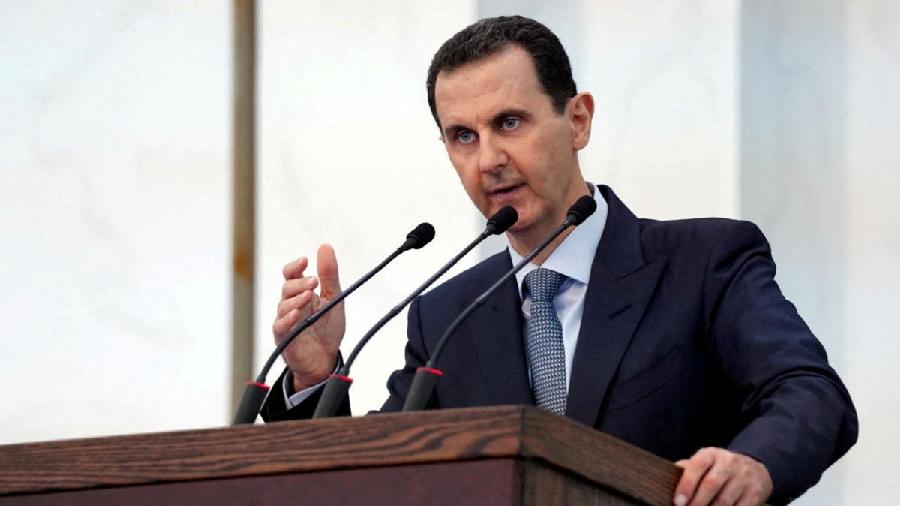Not long ago, the Syrian president, Bashar al-Assad, was largely a pariah figure in much of the Middle East and beyond, amid allegations of human rights abuses against parts of his population during the 12-year-long civil war that has ravaged the country. That is now changing. The foreign ministers of Saudi Arabia and Syria met recently and agreed to restart consular services and airline connectivity. Saudi Arabia has also been pressing other members of the Arab League, the 22-nation body of Arab states in the Middle East and North Africa, to readmit Syria into its fold; it was expelled in 2011. These moves mark a remarkable turnaround for Saudi Arabia, which has previously been at the forefront of the region’s boycott and pressure campaigns against Mr Assad. Riyadh supported the opposition groups that fought Mr Assad’s government. It also worked with the Central Intelligence Agency of the United States of America to arm and train opposition fighters. The dramatic shift in Saudi Arabia’s approach is in keeping with a broader realignment that is shaking up the Middle East, challenging positions that the US and its Western allies have long espoused, while bringing respite to besieged leaders like Mr Assad.
Since the devastating February earthquakes that killed more than 50,000 people in Turkey and Syria, Mr Assad has visited the United Arab Emirates and Oman. Russia is trying to mediate a peace deal between Syria and Turkey. The renewal of ties with Saudi Arabia and a re-entry into the Arab League would further chip away at Syria's isolation. That is unlikely to please the US, which has driven efforts to try to force Mr Assad out of office. But again, the region’s recent churn has shown how American clout in the Middle East is increasingly limited, especially at a time when Saudi Arabia appears keen on forging its own independent foreign policy irrespective of Washington’s pressures. This was shown in the China-brokered deal between Saudi Arabia and Iran to restore diplomatic ties and Riyadh’s seeming willingness to help Oman mediate peace in Yemen, where Iran and Saudi Arabia have long fought a proxy war. Meanwhile, Egypt and Turkey are moving towards a rapprochement after years of tension over Ankara’s support for the Muslim Brotherhood. These are also messages to the US that the Middle East is increasingly capable of handling its own challenges. The US, the West and the world must listen, and pay heed.











